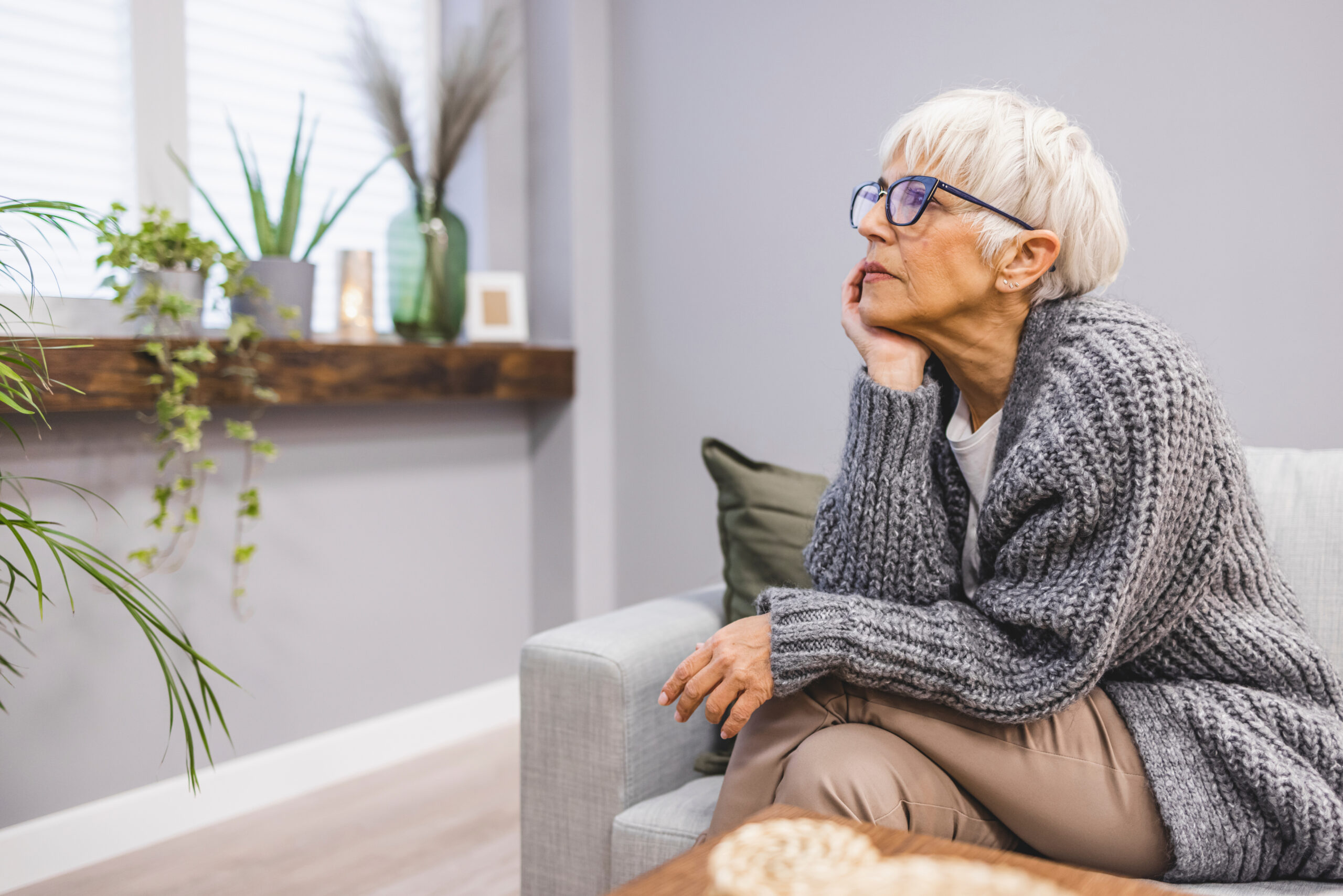How to handle grief and loss in later life
Grief and loss are part of life, but they can feel especially hard as we get older. Whether it’s losing a spouse, a close friend, or even facing big changes like moving to a smaller home, these experiences bring deep sadness and can shake our sense of security. Handling grief in later life means finding ways to cope that honor your feelings while helping you move forward.
### Understanding Grief in Later Life
When someone loses their spouse or partner, the impact is profound. Research shows that older adults who lose their spouses face not only emotional pain but also increased health risks—a phenomenon sometimes called the “widowhood effect”[1]. This makes it even more important to take care of both your heart and body during such times.
But grief isn’t just about death. Downsizing homes or moving into senior living communities can also trigger feelings of loss—loss of familiar surroundings, independence, or memories tied to a place[3]. Recognizing these emotions as real and valid is the first step toward healing.
### Ways to Handle Grief and Loss
**1. Allow Yourself to Feel**
Grieving isn’t about “getting over” loss quickly; it’s about experiencing your emotions fully—sadness, anger, confusion—and giving yourself permission to feel them without judgment[4]. Bottling up feelings often makes things harder in the long run.
**2. Seek Support**
Talking with others who understand what you’re going through can be very comforting. Support groups for widows/widowers or those facing similar losses provide safe spaces where sharing stories helps lessen loneliness[2][5]. Professional help like therapy—especially approaches like Cognitive-Behavioral Therapy (CBT) or specialized grief therapy—can guide you through difficult thoughts and teach coping skills[5].
**3. Stay Connected**
Isolation worsens grief symptoms. Staying socially active by joining clubs, attending community events, or participating in activities at senior living communities helps build new friendships and reduces feelings of loneliness[4]. These connections remind us we’re not alone.
**4. Take Care of Your Body**
Physical health affects emotional well-being deeply. Regular exercise—even gentle walks—balanced nutrition, good sleep habits, and medical check-ups support resilience during tough times[4].
**5. Find Meaning and Purpose**
Engaging in hobbies you love or discovering new interests gives life meaning beyond loss[4]. Volunteering or helping others can also create a sense of fulfillment that lifts spirits.
### The Role of Senior Living Communities
For many older adults facing change after loss, senior living communities offer more than just housing—they provide emotional support networks too[4]. Through group activities like arts classes or social outings combined with access to counseling services on-site, residents find comfort among peers who share similar experiences.
These environments encourage rebuilding routines while offering professional guidance when needed so seniors don’t have to face grief alone but rather grow stronger together.
—
Grieving later in life brings unique challenges but also opportunities for growth if approached with kindness toward yourself and openness toward support around you. By accepting your feelings honestly while reaching out for connection and care—from friends, family members, professionals—you create space for healing over time.
Loss changes us all; how we respond shapes our journey forward into whatever comes next—with hope still possible at every age.[1][2][3][4][5]





